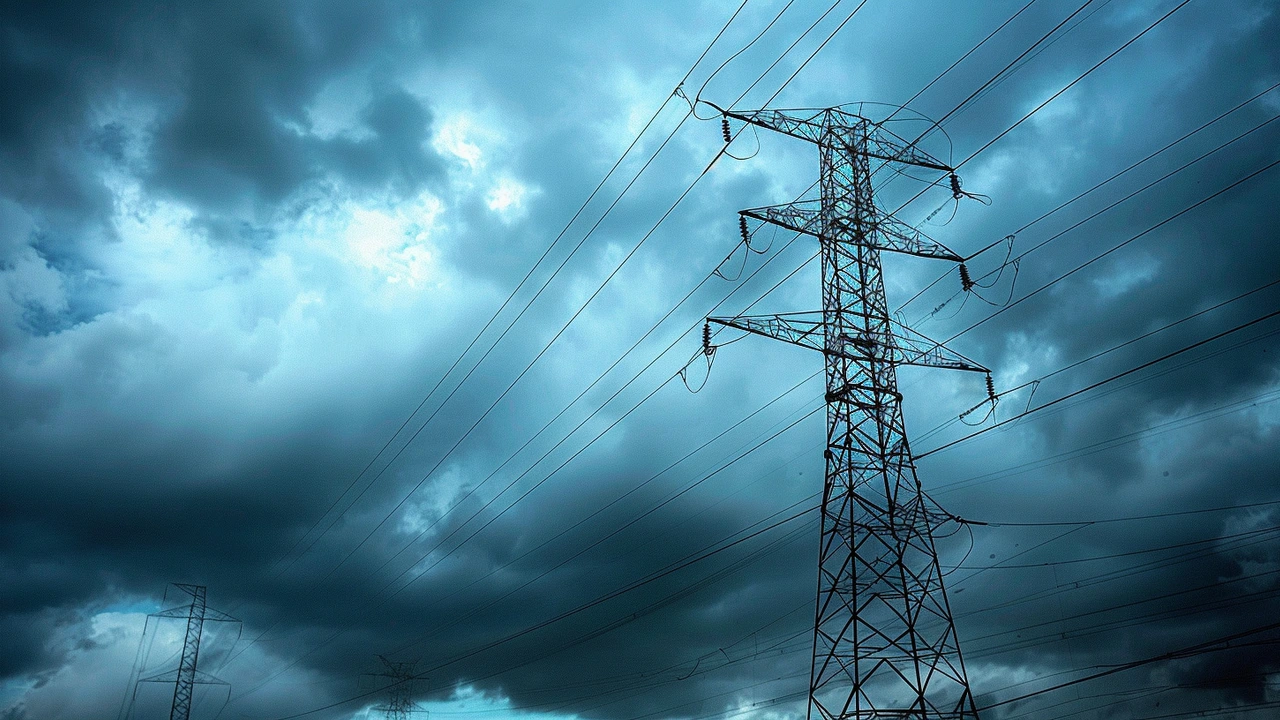If you live or work near a game farm in Africa, chances are you’ve felt the sting of load reduction. It’s a daily reality—power cuts aren’t just a city problem. For game farm owners, guides, and even tourists, these planned blackouts can mess with everything from water pumps for animals to security fences that keep wildlife safe.
So, why does load reduction happen? Simply put, it’s a way for power companies to avoid a total blackout when the energy grid is under too much pressure. Instead of risking a full collapse, they cut the power to certain areas for a few hours. This spread-the-pain approach buys time, but it’s a real headache if you’re relying on electricity for sensitive tasks. Imagine organizing a safari event and suddenly losing lights, communication, or refrigeration. That ruins more than just dinner plans—it can affect animal care and guest safety.
Farmers and managers often have to get creative. Backup generators become a must, though running them isn’t cheap. Solar panels are gaining traction, but they need investment upfront. Some people schedule farm chores around the power-off times: running water pumps or charging equipment when the grid is still up. Talk about modern problems stacked on top of old ones—wildlife care, crop irrigation, and tourism aren’t getting any easier.
But it’s not all bad news. Some game farms are turning to sustainable solutions, like installing energy storage systems or using energy-efficient technologies to cut their own reliance on the grid. Community groups sometimes share tips on social media about managing power loss, which tools work well, and how to update guests. In fact, there’s a real sense of people coming together, offering help, and finding smarter ways to keep things running, even in the dark.
The African energy story is still evolving. New policies, government programs, and outside investments aim to beef up the power grid and make load reduction less frequent. Until then, though, farms, homes, and businesses everywhere are figuring it out day by day. If you’re planning a trip or run a farm, it pays to stay informed about when load reduction hits and have a backup plan. Power cuts may be common, but with the right prep, they don’t have to disrupt everything.
Want to keep up with load reduction updates and what’s working for others? Bookmark African Game Farms Daily News—because staying one step ahead is half the battle.

City Power in Johannesburg has initiated 'load reduction' in densely populated areas to avert a potential power grid collapse. Triggered by critical electricity consumption levels, this measure aims to protect the urban power systems by reducing supply during peak periods and cutting electricity to geysers. This move differs from Eskom's 'load shedding' and is crucial for conserving the safety and integrity of the power network.
Read More >>